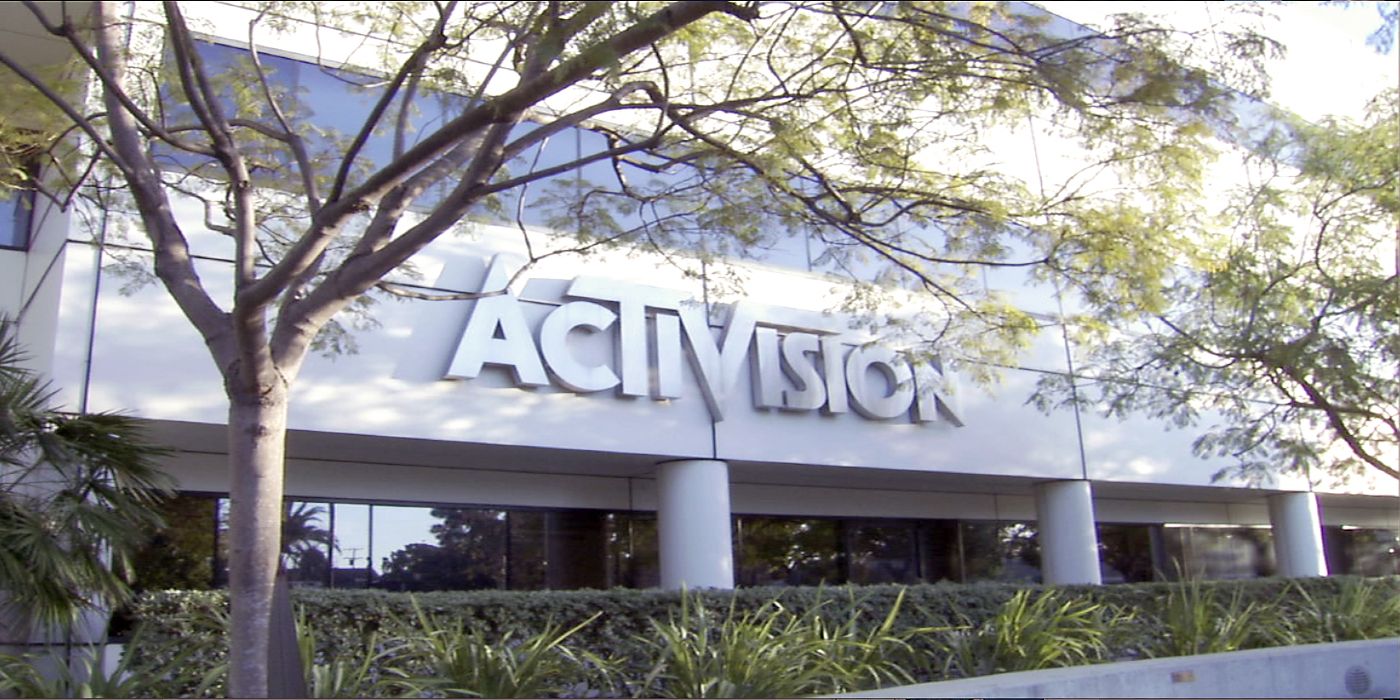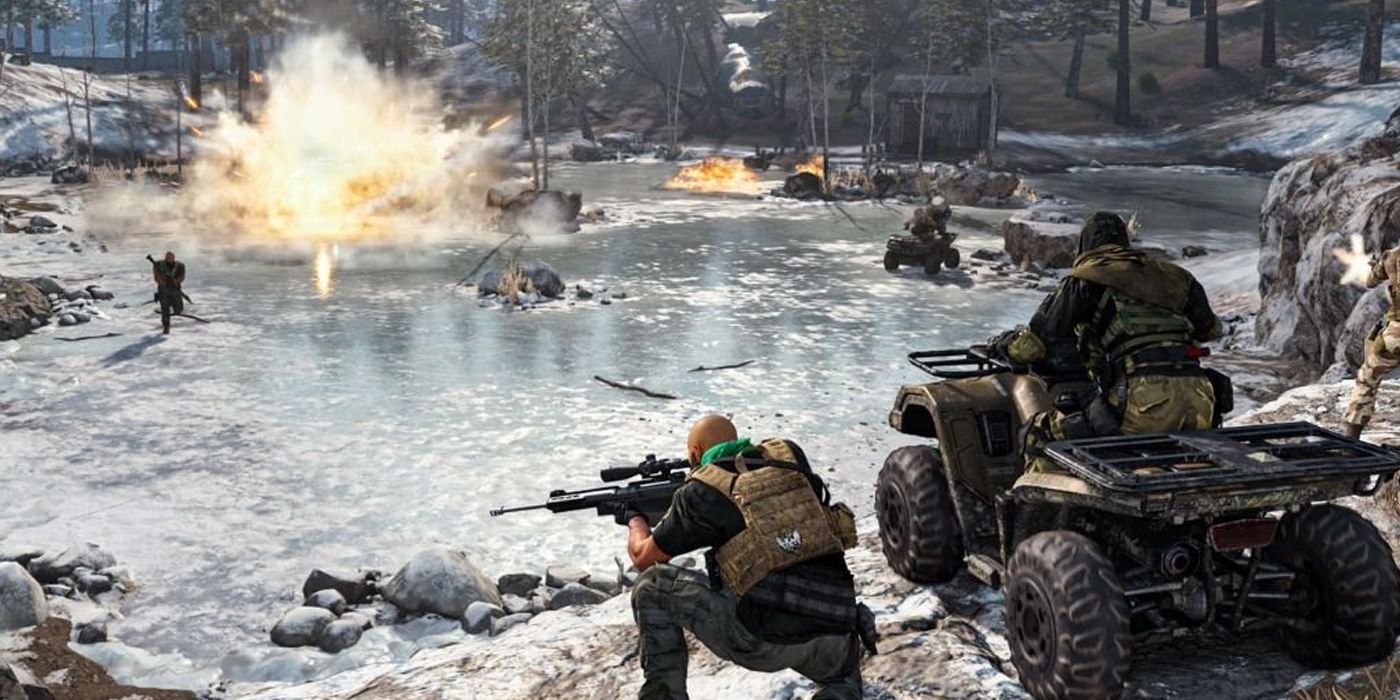
An interesting patent has been found that could fundamentally alter the playstyle of upcoming Activision titles. It appears to attempt to bridge the gap between those that have access to tutors for competitive play and those that wouldn't think of such a thing.
Activision has offered a litany of competitive titles in the past, resulting in the Call of Duty League along with Overwatch League. Esports is an ever-growing interest for the modern era: the University of Connecticut posed that "esports and mobile gaming are the future of the video game industry." So when a gamer aspires to reach the top-most level of competitive play, yet can't find adequate support to elevate play, there seems to be a dead end.
RELATED: Tony Hawk's Pro Skater 1 + 2 Running Limited-Time Free Trial
Activision received a patent in 2019 that aims to be coach players in-games like Warzone to increase the skill level of the player. Dubbed within the patent as a "virtual coaching system," the AI will analyze players and recommend better strategies for the scenario that gamers find themselves in. These automated systems can determine a player's weaknesses, and "provide specific tactical and strategic tips" to improve the overall play.

This is a fascinating patent, yet it comes with a bevy of "what-ifs" and possible concerns for competitive integrity. The system has clear benefits: players won't need to find and pay coaches online, spend hours uploading their matches onto YouTube, and then correlate the responding feedback with provided time-stamps. It's all done in-game, providing players an immediate benefit. Yet concerns are readily viewable as well.
First, there lies the probability of the in-game coaching system offering intel to a player that otherwise wouldn't have access to it. To use Counter-Strike as an example, if the enemy team has an eco-round, contextual clues could tip off the player that the weapon power of the round is decidedly weak. If only a few players have the system enabled, this results in a skewed environment where competitive integrity is at risk.
Another possible issue stemming from the patent is that of access: it's arguably not absurd to consider that the in-game coaching system would become only available to those that offer an additional purchase for it, as a form of DLC. It could arrive as a subscription-based service, to where developers could argue that it is only intended for people wanting to push a professional career. This, again, threatens to skew the competitive integrity of a game by offering additional services, separating the have's and have-nots.
The overall theory is interesting, offering an explicable tutelage to those that are seeking it. The possible negatives would require additional thought for it to be fully presented without frustrating players. It would be easier than ever to earn a place on a stage, however, presuming players have the determination to chase the dream.
MORE: Blizzard Warns Players About Fake Diablo 2: Resurrected Alphas
Source: University of Connecticut, USPTO

